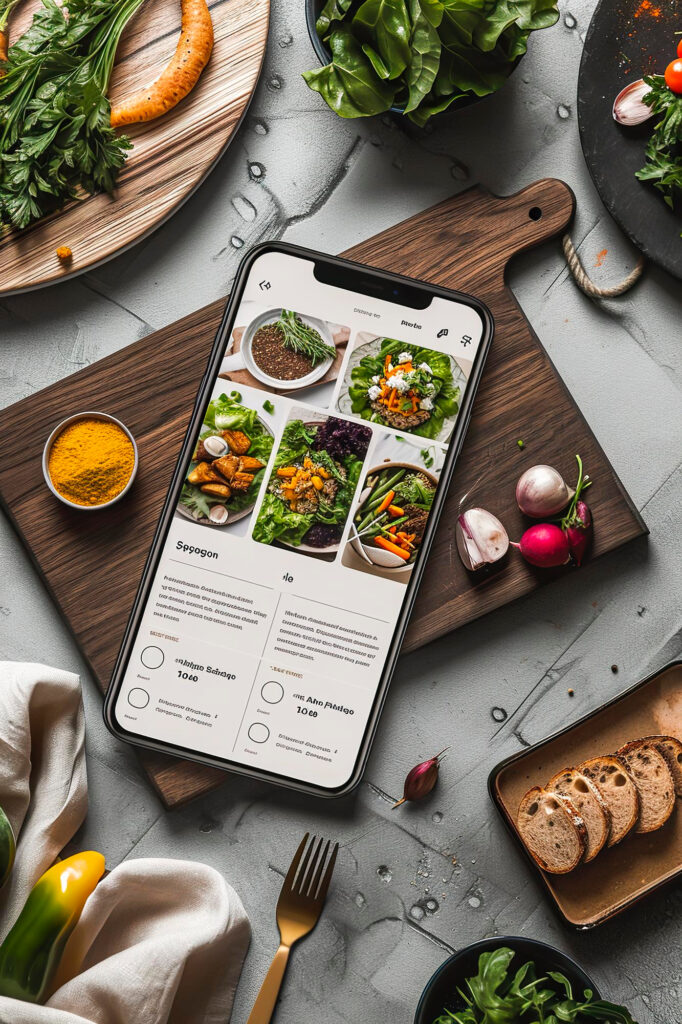Opening a restaurant is an exciting step in your entrepreneurial journey, but it requires careful preparation and well-thought-out decisions. Here are several key factors to consider when opening your establishment to ensure its success:
1. Detailed Business Plan
Before you take the first step, it’s essential to create a comprehensive business plan. This plan should include your business goals, target audience, competitive analysis, marketing strategy, financial plan, and budget. A solid business plan will provide you with a clear roadmap and help you avoid potential challenges.
2. Choosing the Right Location
Location is one of the most critical factors that will determine the success of your restaurant. Consider customer accessibility, visibility, nearby competition, and parking availability. The right location can attract more customers and increase your revenue.
3. Obtaining Necessary Permits and Licenses
Before opening your establishment, you must acquire all the necessary permits and licenses. This may include a restaurant license, health and safety permits, building permits, or liquor licenses. Ensuring compliance with all legal requirements will help you avoid future complications.
4. Budgeting and Financing
No matter how great your idea is, without sufficient capital, it won’t be possible to bring it to life. Create a realistic budget that includes all initial costs, such as rent, equipment, marketing, and employee wages. Consider financing options like bank loans, investors, or crowdfunding to cover these expenses.
5. Purchasing Equipment and Supplies
Identify all the equipment, furniture, and supplies you’ll need to run your restaurant. Make a checklist and compare prices to find the best deals. Renting some equipment might also be a cost-effective alternative.
6. Hiring and Training Staff
A quality team is key to your restaurant’s success. Focus on recruiting employees who are not only qualified but also share your vision and values. Ensure thorough training to prepare your staff to provide top-notch service, making your customers want to return.
7. Food and Drink Menu
Your menu is a crucial element that can significantly influence your restaurant’s success. Develop a menu that reflects your offerings while catering to your customers’ preferences. Consider how to present your dishes and drinks in an appealing and easy-to-read format. A good menu should include clear descriptions, pricing, and regular updates to reflect seasonal ingredients or changes in the selection.
Additionally, think about incorporating a QR code menu (also known as a digital menu, virtual menu, online menu, or QR menu). This modern solution can increase revenue by up to 20% compared to traditional paper menus.

8. Benefits of QR Menus in a Newly Opened Restaurant
In today’s digital age, more and more restaurants are turning to QR menus. This modern approach offers a variety of advantages:
- Simplified Ordering: QR codes allow customers to easily scan and view the menu on their mobile devices, eliminating the need for physical menus and streamlining the ordering process.
- Increased Efficiency: Automated systems enable quick menu updates, including seasonal offerings, special promotions, or price changes.
- Analytical Tools: QR menus with integrated analytics allow you to track customer preferences, such as popular items, average order value, and other valuable insights.
- Personalization: Advanced QR menu systems can include features like AI for upselling, recommending additional items based on customer preferences, which increases the average order value.
Opening a business with a QR menu is an innovation that will make you stand out. And let’s be honest, who doesn’t have a smartphone and know how to scan a QR code these days? 🙂
9. Marketing Strategy
Opening a new restaurant requires an effective marketing strategy to attract customers. Utilize online and offline tools such as social media, your website, flyers, and collaborations with local media. Don’t forget about an opening event or special offer to draw people in and leave a positive impression.
10. Technology and Management Systems
In today’s world, technology is an integral part of every business. Invest in software for inventory, sales, and financial management. Consider installing security systems and customer support solutions as well. Effective management will save you time, increase productivity, and give you the freedom to focus on growth.
11. Customer Experience in Restaurant
Customer experience is key to building loyalty and a positive reputation. Make sure the interior of your restaurant is welcoming and functional. Pay attention to details such as cleanliness, lighting, and music, all of which can influence customers’ moods and overall experience.
12. Monitoring and Adaptation
After opening your restaurant, it’s crucial to continuously monitor its performance and be prepared to adapt as needed. Gather customer feedback, track financial results, and analyze what’s working and what’s not. Be ready to make quick decisions and changes to maintain your competitive edge.
Opening a Business: Conclusion
Opening a new restaurant is a challenging but rewarding process that’s worth perfecting. With thorough preparation and attention to detail, you can create a successful venture that attracts and retains loyal customers. Remember, success doesn’t happen overnight, but with patience, determination, and constant improvement, you’re sure to achieve your goals.
Useful Links:
👉 Why pikMenu is the Best QR Menu


